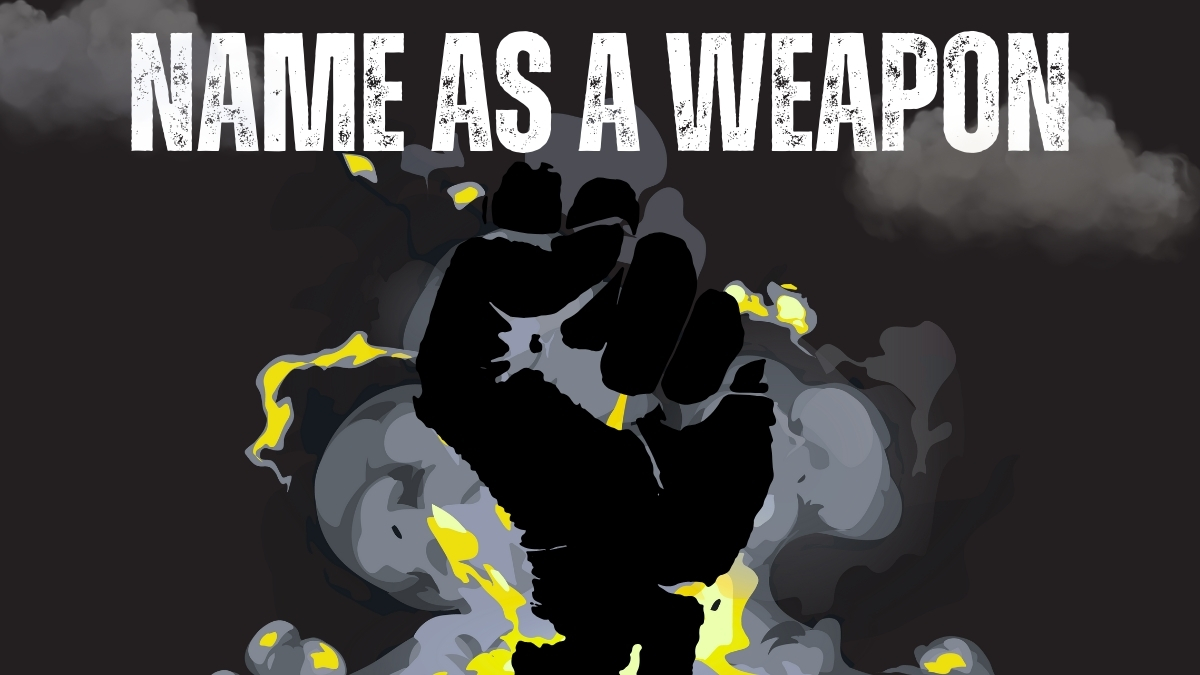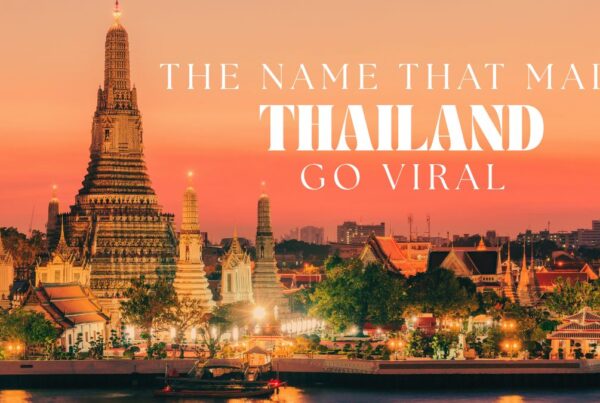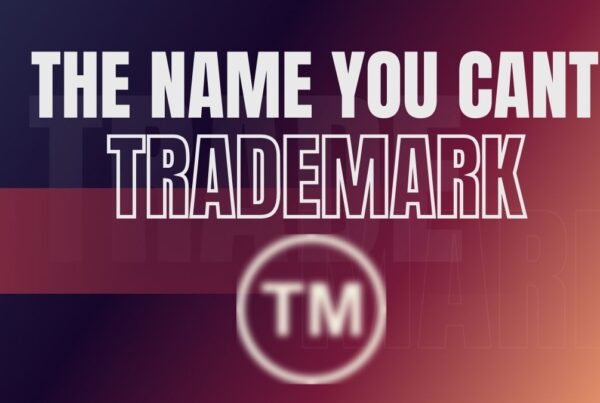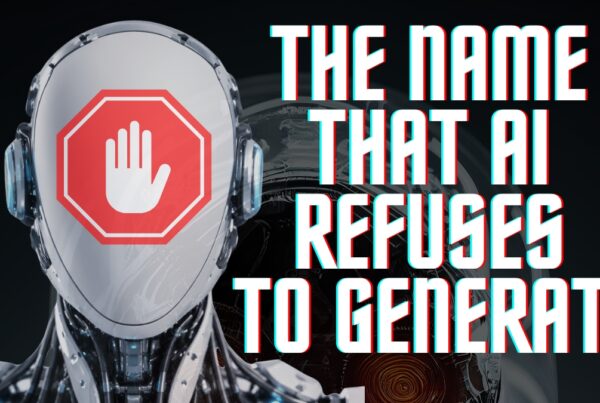Words That Do More Than Describe
Names in culture and politics are rarely neutral. They are instruments intended to sway opinions, mobilize followers, and injure opponents. Before the debate even starts, one label has the power to change the playing field. While “tax cut for the rich” portrays it as favoritism, “tax relief” depicts it as a burden lifted. Although the words are different, the impact is enormous.
Whether they are catchphrases, slogans, or nicknames, names serve as a shorthand for identifying one’s position on politics. Campaigns are aware of this. This is known by activists. The media are aware of this. Furthermore, the conflict over what we label things is frequently more fierce than the actual policy in today’s culture wars.
The use of naming as a weapon is examined in this article. from campaigns for president
Whether they are catchphrases, slogans, or nicknames, names serve as a shorthand for identifying one’s political stance. Campaigns are aware of this. This is known by activists. The media are aware of this. Furthermore, the conflict over what we label things is frequently more fierce than the actual policy in today’s culture wars.
The use of naming as a weapon is examined in this article. Names have become the means of gaining, defending, and losing power in everything from social movements to presidential campaigns, from insults to hashtags.
Why Names Work in Politics
Before diving into examples, it helps to understand why naming is such a powerful tool in politics.
Names Are Cognitive Shortcuts
Mental shortcuts are deeply rooted in human nature. The terms “death tax” and “estate tax” create images of unjust punishment and administration, respectively, and are significantly more powerful. Politicians use names to reduce complexity to emotion because they know that most people don’t have the time to read policy documents.
Names Stick Better Than Arguments
A good name is like Velcro; you might forget the specifics of a ten-minute speech, but you will remember phrases like “Yes We Can” or “Make America Great Again.” It sticks in people’s minds and spreads naturally, frequently being repeated by both supporters and detractors.
Names Define Enemies and Allies
Names do more than simply describe what something is. Additionally, they create a distinction between “us” and “them.” Labeling someone a “patriot” or a “traitor,” a “social justice warrior,” or a “freedom fighter” places them in a hierarchy of morality. The perception is within the power of the label.
Historical Roots of Naming as a Weapon
Ancient Propaganda
The use of names to manipulate perception isn’t new. Roman leaders mastered the art of labeling enemies as “barbarians,” casting them as uncivilized threats. The term said more about Roman identity than about the people it described.
Revolution and Nation-Building
While “loyalist” indicated support for oppression, “patriot” became a badge of respect during the American Revolution. Families, friendships, and even communities were shattered by the labels chosen.
Modern Political Branding
By the 20th century, names had more power thanks to the mass media. Slogans were transformed into identities by John F. Kennedy’s “New Frontier,” Ronald Reagan’s “Morning in America,” and Franklin Roosevelt’s “New Deal.” Every word was more than just a policy. The invitation was to become a part of a vision.
Modern Campaigns and the Power of a Slogan
Simplicity That Sells
The most effective phrases are brief, memorable, and emotionally impactful. “Hope” encapsulated the spirit of Barack Obama’s 2008 campaign. In just four words, Donald Trump’s “Make America Great Again” appealed to feelings of nostalgia and annoyance. Both were effective because they conveyed multiple levels of meaning without requiring clarification.
Battle of the Frames
Slogans frequently directly contradict one another. Trump’s “America First” appealed to pride and sovereignty, whereas Hillary Clinton’s “Stronger Together” framed her campaign as inclusive. Each was a small version of a worldview. In addition to selecting candidates, voters were also deciding which name best suited the country’s future.
International Echoes
The US is not the only country that does this. “Take Back Control” became the catchphrase for Brexit in the United Kingdom. Leaders in Latin America invoke heritage and destiny by using terms like “Bolivarian Revolution.” Campaigns all throughout the world condense complex points into a few words that supporters can recite, write on signs, or distribute online.
Hashtags as Weapons in Culture Wars
The Rise of Digital Naming
Hashtags are the new banners in the social media era. Some examples of names that transitioned from internet shorthand into mainstream politics are #MeToo, #BlackLivesMatter, and #StopTheSteal. Each one influenced news cycles, defined a movement, and generated never-ending discussion.
Viral Multiplication
Since anyone may use hashtags, they spread more quickly than traditional slogans. While a hashtag becomes popular worldwide in a matter of minutes, a politician may test a phrase at a rally. This speeds up polarization while democratizing naming. The opposite side will come up with the name if you don’t.
Counter-Hashtags and Name Wars
Every name that becomes viral has an opposite. The rise of #HimToo coincided with #MeToo. #AllLivesMatter and #BlueLivesMatter responded to #BlackLivesMatter. The framing, not the facts, was the battleground. Opponents aimed to redefine the moral playing field by changing the name.
Insults, Nicknames, and the Politics of Mockery
The Personal Weaponization of Names
Donald Trump is one of the few politicians who has used his nickname as a weapon. The terms “Crooked Hillary,” “Sleepy Joe,” and “Little Marco” relegated opponents to stereotypes. Despite criticism that it was childish, the names stayed. Laughter may be just as powerful in politics as logic.
Reclaiming the Insult
An insult can occasionally be transformed into pride by motions. Previously used to denigrate, the term “queer” has been reclaimed by activists as a term of empowerment. Similarly, many people appropriated the term “deplorables,” which was originally used by Hillary Clinton to disparage Trump voters, as a symbol of defiance.
The Double-Edged Sword
Insults have the potential to renew a base, but they can also backfire. An opponent who is too severely labeled runs the danger of offending moderates. There is a fine line between branding an enemy and coming across as petty. However, it is still impossible to resist the urge to distill criticism into a single, scathing sentence.
Rebrands, Label Shifts, and the High Stakes of Naming
From Stigma to Strategy
Language determines whether movements rise or decrease in addition to describing them. Activists, political parties, and businesses frequently change their names to reflect their new identities. To sound less alarmist, “global warming” was changed to “climate change.” To make the “war on terror” seem less permanent, it was reframed as “overseas contingency operations.” Every change had political significance and wasn’t only cosmetic.
The Pro-Life vs. Pro-Choice Battlefield
Abortion is one of the few subjects that illustrates the power of name. “Pro-life” was selected to highlight morality and purity. The term “pro-choice” was created to emphasize freedom and self-determination. Since the negative framing would give ground, neither side refers to itself as “anti” anything. Rather, both use their names to assert positive values.
Policing the Language of Protest
Names have the power to either stall or speed up movements related to policing. Although it sparked protests, “Defund the Police” was criticized for frightening moderates who took it literally. Attempts were made to soften the message with alternatives like “Invest in Communities” and “Reimagine Public Safety.” Movements frequently fight with how bold to name themselves in the struggle between persuasion and clarity.
Patriot or Extremist?
Different labels might be applied to the same group depending on who is speaking. The phrase “patriotism” is used by militias, while “domestic terrorism” is used by opponents. What one person considers a “freedom fighter” is another’s “insurgent.” Legitimacy is determined by naming: the side that controls the vocabulary typically controls how history recalls the struggle.
Corporate Rebrands and Political Survival
Even businesses are aware of when to drop a bad name. Purdue Pharma contemplated restructuring under a new name following the opioid crisis. Facebook changed its name to Meta in order to detach itself from years of scandals as well as to indicate a change in direction. The same is true in politics, where parties change their policies and leaders change their names in order to stay in office.
Conclusion
Names are not neutral. They are tools that influence perception, direct feelings, and tip the scales in discussions about politics and culture. Millions can be rallied by a clever slogan. A well-crafted insult has the power to ruin a person’s reputation forever. Almost instantly, a changed label can change the public’s opinion.
We are actually examining the struggle for control of reality when we look at the names that dominate in headlines and hashtags. Words are carefully chosen to convince, divide, and inspire in addition to describing. Campaigns are aware that a name is almost tough to remove once it has become established.
Language is just as important in the political and cultural arena as laws and policies. To understand the importance of naming is to comprehend power in general.
But what happens when a name stops working in your favor? In our next piece, Name Burn: When Your Brand Name Turns Toxic, we explore how once-beloved names can sour overnight — and what businesses can do when their brand becomes a liability instead of an asset.




